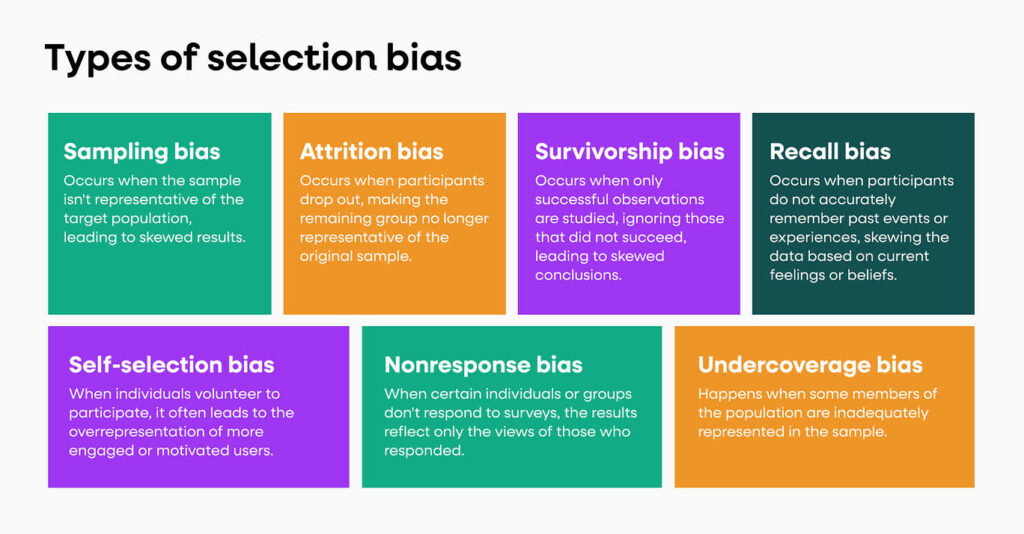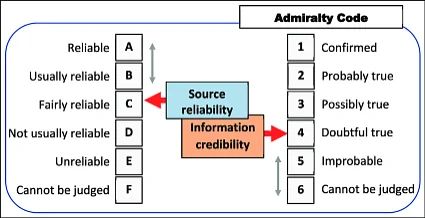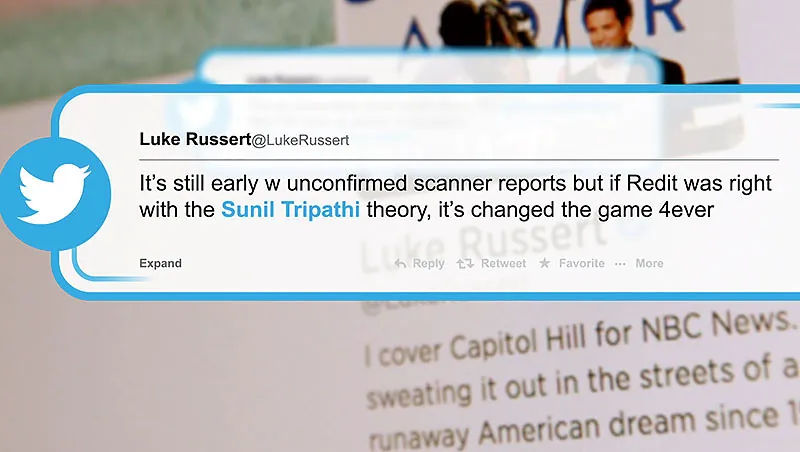This weekly blog post is from via our unique intelligence collection pipelines. We are your eyes and ears online, including the Dark Web.
There are thousands of vulnerability discussions each week. SOS Intelligence gathers a list of the most discussed Common Vulnerabilities and Exposures (CVE) online for the previous week.
We make every effort to ensure the accuracy of the data presented. As this is an automated process some errors may creep in.
If you are feeling generous please do make us aware of anything you spot, feel free to follow us on Twitter @sosintel and DM us. Thank you!
1. CVE-2024-21762
A out-of-bounds write in Fortinet FortiOS versions 7.4.0 through 7.4.2, 7.2.0 through 7.2.6, 7.0.0 through 7.0.13, 6.4.0 through 6.4.14, 6.2.0 through 6.2.15, 6.0.0 through 6.0.17, FortiProxy versions 7.4.0 through 7.4.2, 7.2.0 through 7.2.8, 7.0.0 through 7.0.14, 2.0.0 through 2.0.13, 1.2.0 through 1.2.13, 1.1.0 through 1.1.6, 1.0.0 through 1.0.7 allows attacker to execute unauthorized code or commands via specifically crafted requests
https://nvd.nist.gov/vuln/detail/CVE-2024-21762
2. CVE-2021-44228
Apache Log4j2 2.0-beta9 through 2.15.0 (excluding security releases 2.12.2, 2.12.3, and 2.3.1) JNDI features used in configuration, log messages, and parameters do not protect against attacker controlled LDAP and other JNDI related endpoints. An attacker who can control log messages or log message parameters can execute arbitrary code loaded from LDAP servers when message lookup substitution is enabled. From log4j 2.15.0, this behavior has been disabled by default. From version 2.16.0 (along with 2.12.2, 2.12.3, and 2.3.1), this functionality has been completely removed. Note that this vulnerability is specific to log4j-core and does not affect log4net, log4cxx, or other Apache Logging Services projects.
https://nvd.nist.gov/vuln/detail/CVE-2021-44228
3. CVE-2024-0418
A vulnerability has been found in iSharer and upRedSun File Sharing Wizard up to 1.5.0 and classified as problematic. This vulnerability affects unknown code of the component GET Request Handler. The manipulation leads to denial of service. The attack can be initiated remotely. The exploit has been disclosed to the public and may be used. VDB-250438 is the identifier assigned to this vulnerability.
https://nvd.nist.gov/vuln/detail/CVE-2024-0418
4. CVE-2024-32593
Improper Neutralization of Input During Web Page Generation (‘Cross-site Scripting’) vulnerability in WPBits WPBITS Addons For Elementor Page Builder allows Stored XSS.This issue affects WPBITS Addons For Elementor Page Builder: from n/a through 1.3.4.2.
https://nvd.nist.gov/vuln/detail/CVE-2024-32593
5. CVE-2020-13951
Attackers can use public NetTest web service of Apache OpenMeetings 4.0.0-5.0.0 to organize denial of service attack.
https://nvd.nist.gov/vuln/detail/CVE-2020-13951
6. CVE-2024-32592
Improper Neutralization of Input During Web Page Generation (‘Cross-site Scripting’) vulnerability in VoidCoders, innovs Void Elementor WHMCS Elements For Elementor Page Builder allows Stored XSS.This issue affects Void Elementor WHMCS Elements For Elementor Page Builder: from n/a through 2.0.
https://nvd.nist.gov/vuln/detail/CVE-2024-32592
7. CVE-2021-40517
Airangel HSMX Gateway devices through 5.2.04 is vulnerable to stored Cross Site Scripting. XSS Payload is placed in the name column of the updates table using database access.
https://nvd.nist.gov/vuln/detail/CVE-2021-40517
8. CVE-2025-29927
Next.js is a React framework for building full-stack web applications. Starting in version 1.11.4 and prior to versions 12.3.5, 13.5.9, 14.2.25, and 15.2.3, it is possible to bypass authorization checks within a Next.js application, if the authorization check occurs in middleware. If patching to a safe version is infeasible, it is recommend that you prevent external user requests which contain the x-middleware-subrequest header from reaching your Next.js application. This vulnerability is fixed in 12.3.5, 13.5.9, 14.2.25, and 15.2.3.
https://nvd.nist.gov/vuln/detail/CVE-2025-29927
9. CVE-2024-21887
A command injection vulnerability in web components of Ivanti Connect Secure (9.x, 22.x) and Ivanti Policy Secure (9.x, 22.x) allows an authenticated administrator to send specially crafted requests and execute arbitrary commands on the appliance.
https://nvd.nist.gov/vuln/detail/CVE-2024-21887
10. CVE-2023-22515
Atlassian has been made aware of an issue reported by a handful of customers where external attackers may have exploited a previously unknown vulnerability in publicly accessible Confluence Data Center and Server instances to create unauthorized Confluence administrator accounts and access Confluence instances.
Atlassian Cloud sites are not affected by this vulnerability. If your Confluence site is accessed via an atlassian.net domain, it is hosted by Atlassian and is not vulnerable to this issue.
https://nvd.nist.gov/vuln/detail/CVE-2023-22515




















Recent Comments